433,832 TONS OF MUNICIPAL SOLID WASTE (MSW) GENERATED IN RAMSEY AND WASHINGTON COUNTIES

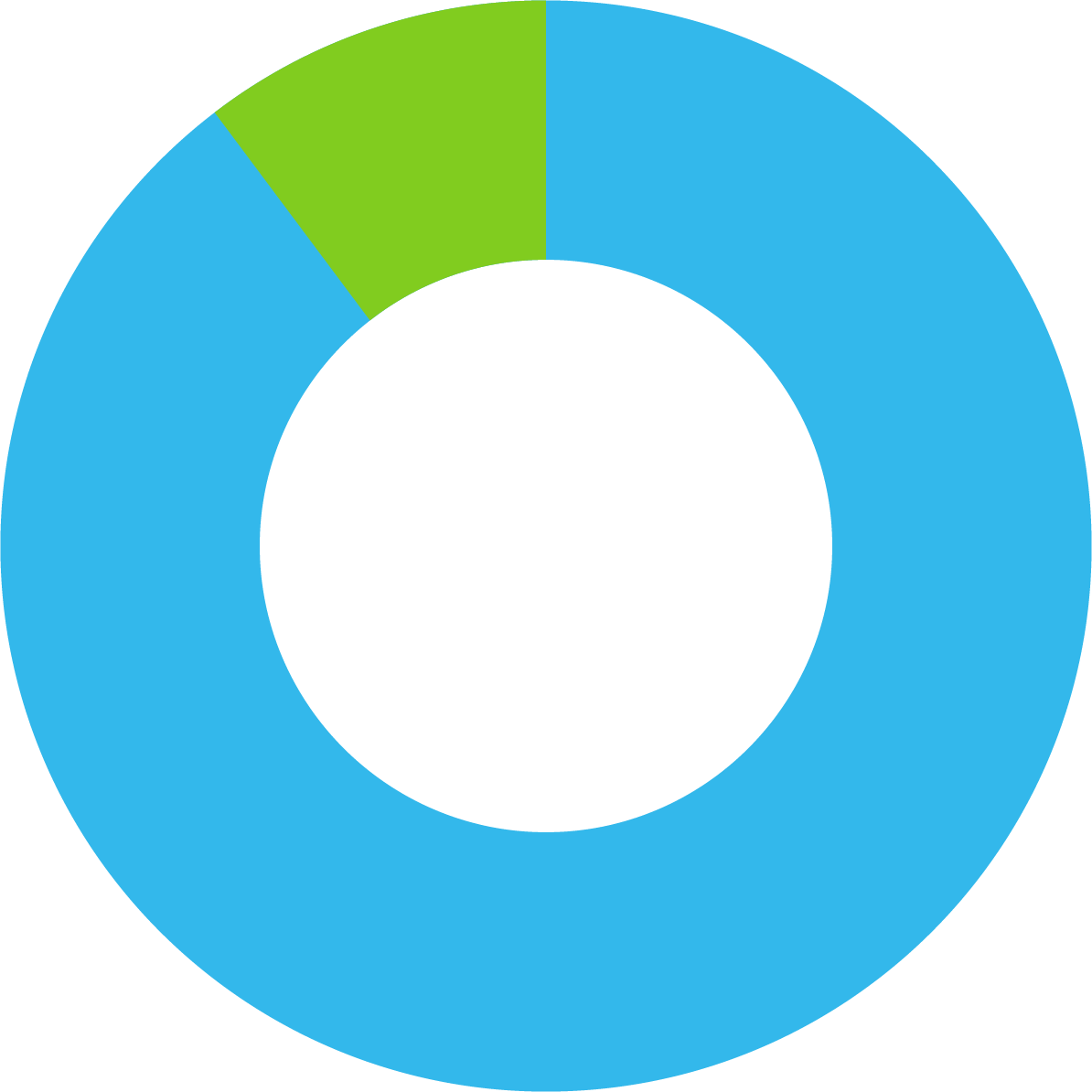

The vision of Ramsey/ Washington Recycling & Energy (R&E) is “vibrant, healthy communities without waste.”
The vision of Ramsey/Washington Recycling & Energy (R&E) is “vibrant, healthy communities without waste.” In 2022, the organization continued to work toward this vision with supportive leadership from the R&E Board, strong partnerships with the two counties to conduct joint waste programming and a balanced budget for facility operations. This report highlights the accomplishments achieved by the organization and two counties in 2022.
Numerous enhancements to the R&E Center were made in 2022, including the completion of the food scrap bag sortation building and ongoing installation of additional processing equipment to recover more resources from the trash. Staff also made noteworthy progress on the infrastructure development of the highly anticipated food scraps pickup program, including securing food scrap bags, developing the program website, customer service support and staffing. The addition of these programs and facility enhancements collectively will recover an additional 70,000 tons of valuable material from the waste stream.
Commissioner Fran Miron
R&E Board Chair

Ramsey/Washington Recycling & Energy (R&E) is a joint county organization dedicated to responsible waste management for the benefit of communities, the environment and the economy. At R&E, a team of 53 union and 28 non-union employees work to drive positive change. With a commitment to helping residents and businesses reduce waste and recycle better, the R&E team collaborates with staff from Ramsey and Washington counties to bring innovative programs to life. R&E owns the R&E Center, where trash from both counties is delivered, and valuable resources are recovered through state-of-the-art processing.
The R&E Board guides the organization to success. Comprising of commissioners from Ramsey and Washington counties, as well as ex officio members from the City of Newport and the Minnesota Pollution Control Agency, this board brings together a wealth of knowledge and experience to oversee the organization’s impactful work.
R&E’s Joint Leadership Team (JLT) is the executive team tasked with carrying out the functions and direction of the R&E Board. Their responsibilities include supervising R&E employees and operations, directing joint county waste planning efforts across the three organizations and overseeing R&E budgets. Comprised of one staff member from Saint Paul-Ramsey County Public Health and one staff member from Washington County’s Department of Public Health & Environment, the JLT brings together a balanced mix of expertise.
In September 2022, the JLT experienced a change with the departure of Nikki Stewart from Washington County. However, the team was able to maintain continuity with the interim appointment of David Brummel, Director of Washington County’s Department of Public Health & Environment. David brings a strong track record of leadership and commitment to R&E’s mission, making him a valuable addition to the team. With new members to the JLT in 2021 and 2022, R&E has been fortunate to have a talented and committed management team that has helped navigate these changes and provide stability to the organization through these transformational years.
Created and hired new positions
As R&E continues to grow and evolve, several positions were added to the organization to ensure a sustainable staffing level in support of the R&E Center and joint activities programs. A Scale House Operator, previously a contracted position, was hired as an R&E employee to better assist the public at the R&E Center. An HR Administrative Assistant position was added to assist with increased hiring and HR needs. Positions of Program Assistant and Planning Specialist were added to support R&E in its programmatic and facility-related work. The Manager of Planning & Project Management position was added to provide oversight of the planning and project management functions.
Juneteenth became a recognized holiday
On May 26, 2022, the R&E Board approved recognizing Juneteenth as an R&E holiday. In doing so, the R&E Board joined countless other organizations throughout the state in acknowledging the achievements as well as the hardships that African Americans have endured and are still enduring.
Hired union positions
As R&E continues to make technological advancements at the R&E Center, hiring of plant staff has increased. In 2022, during a challenging labor market, 13 plant laborers and one processor apprentice were hired. Of the thirteen laborers, seven were promoted into the Processor Apprentice program later in the year.
Ramsey, Washington and Hennepin counties continued to collaborate to maximize diversion of waste resources through integrated waste management solutions. Learn more about the work conducted by the partnership in 2022 by reading the PWE Annual Report.

R&E works with the counties and partners to provide programs to promote waste reduction, reuse and recycling in the community. This collaboration supports local food recovery efforts, helps businesses operate more efficiently and provides resources to help community members live more sustainably.
Through all its work, R&E’s goal is to move materials up the waste hierarchy to ensure those materials don’t arrive at the R&E Center.

BizRecycling helps businesses, nonprofits, apartments and schools reduce waste and recycle better.
NETZRO is a St. Paul-based food upcycling startup that partnered with BizRecycling and Waste Wise in 2022 to implement a multi-faceted approach to waste reduction and mitigation. Utilizing both the traditional BizRecycling Grant and the Waste Reduction and Innovation Grant, NETZRO was able to upcycle more spent grain from breweries, begin a grain bag reuse pilot program and ensure they handle their own recycling and composting as best they can. NETZRO was able to process over 9,000 pounds of spent brewery grain into 2,800 pounds of upcycled grain and flour that was packaged, milled and sold to customers, generating nearly $4,000 in profit. The same project demonstrated the viability of utilizing and reusing spent malt bags as packaging for dried grain that was sold as feed to farmers.
NETZRO plans to continue to expand upon these efforts and further demonstrate the potential for more spent grain upcycling and the numerous environmental benefits that results from these activities.
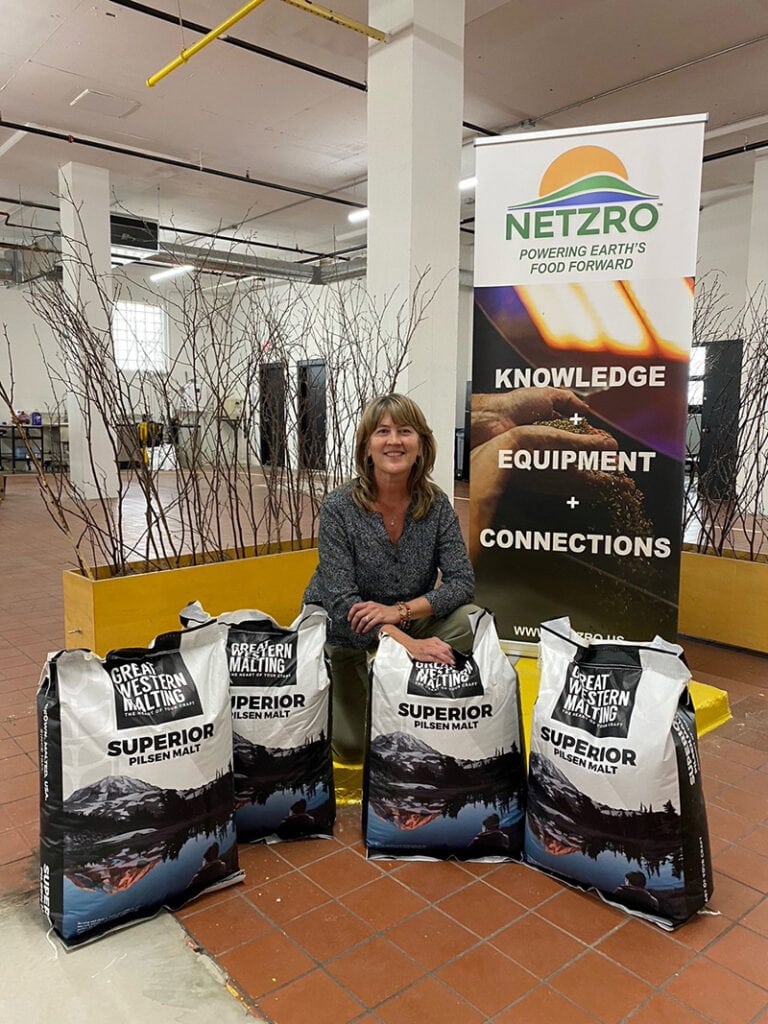
$448,940 in grants awarded
891 tons of CO2 avoided equivalent to 162 cars
$57,000 in annual cost savings to businesses
231 businesses received on-site consultations
17 started collecting recycling
20 started collecting organics
83 awarded grants
56 made improvements to existing collection systems
1.6 million pounds of waste diverted from the trash
19% of businesses that received grants are owned by people of color
95,403 pounds of waste diverted from the trash
80 pounds of CO2 avoided
$15,900 in annual cost savings to apartments
131 new apartments received on-site consultations
21 apartments started collecting recycling
5 apartments started collecting organics
35 awarded grants
$380,357 in grants awarded
35% of buildings are in neighborhoods highly vulnerable to climate change

Get up to
in trash, recycling and food waste bins directly to small businesses.

Get up to
to improve recycling and food waste collection at businesses.

Get up to
to improve recycling and food waste collection at apartment buildings.

Get up to
to support organizations that recover surplus, edible food to distribute to people in need.

Get up to
to prevent the creation of waste.

Get up to
reimbursement of organics hauling costs.
The Waste Reduction & Innovation Grant supports businesses in implementing large-scale waste prevention projects. These projects can take many different forms, including buying in bulk, package reduction, reuse and remanufacturing.
Five Waste Reduction & Innovation Grants were awarded in 2022, totaling $231,689. Projects are being implemented in 2023, with an anticipated reduction of 4,610 tons of waste.
The awarded projects include:
In 2022, R&E partnered with organizations to support food waste reduction efforts.
Some of the highlights of this work include:
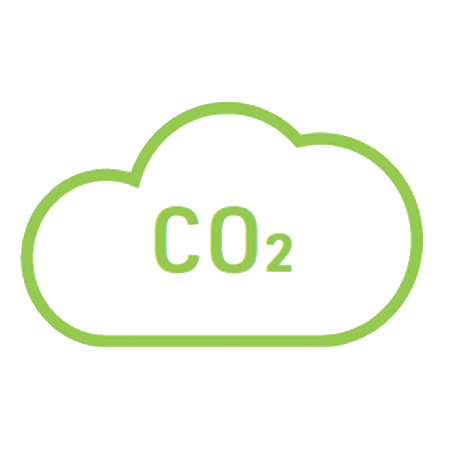
Over 10 million pounds of food recovered (surplus food collected and distributed to people in need), equivalent to a reduction of 2.1 tons of CO2, or 460 cars taken off the road for a year.

Over $300,000 in grants awarded to 15 organizations, ranging in size from statewide food banks to neighborhood-based food shelves and distributors located in Ramsey or Washington County.

A continued partnership with the LEAFF Program, operated by The Good Acre, to support BIPOC farmers that reside and farm in our two counties, ensuring that all their produce went to markets and helping farmers maximize their crops. This prevented 18,000 pounds of locally grown, fresh produce from going to waste.
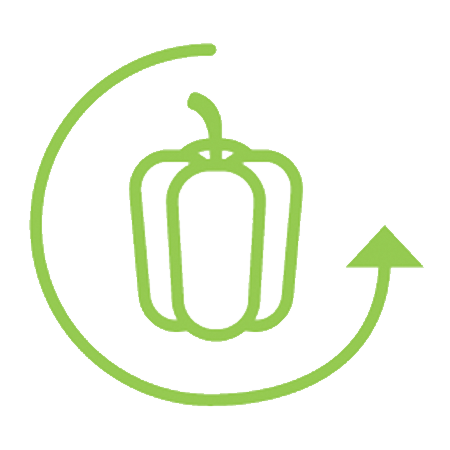
Food Recovery Grants offered for the second time and integrated into the BizRecycling Program.
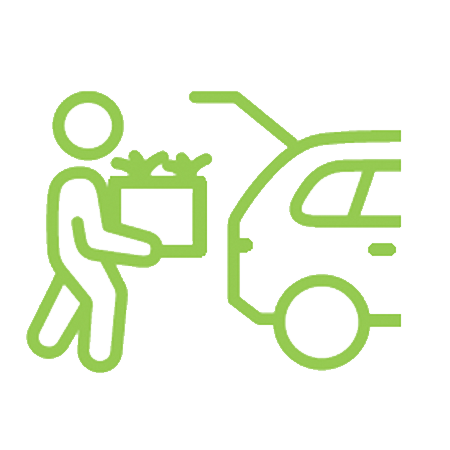
An expanded partnership with North Country Food Alliance to collect over 36,000 pounds of fresh, surplus produce from vendors at farmer’s markets in both counties. This produce was then distributed to people in need through seven local food shelves.
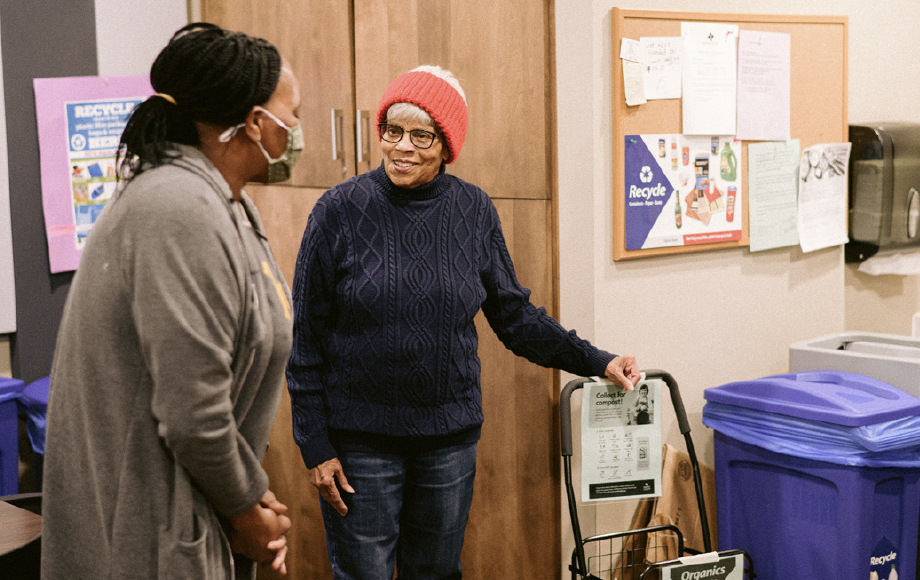
The Apartment Recycling Specialist (ARS) program, launched in 2021, trains residents to become recycling and waste reduction leaders in their buildings. Apartment Recycling Specialists support resident education and recycling/waste reduction activities in their apartment complexes, building community capacity and increasing waste diversion. Specialists have completed many projects, including food scraps collection, information sessions, outreach to fellow residents and targeted collection events including electronics, plastic film and mattresses. Nine dedicated specialists reached thousands of multi-unit residents in 2022, making a difference in their communities, one waste-free action at a time.
In the spring of 2022, the ARS program received an Environmental Innovation award at the annual Environmental Initiative award . Check out the video showcasing the impact of the ARS program and learn how these apartment recycling specialists are making a difference in their communities!
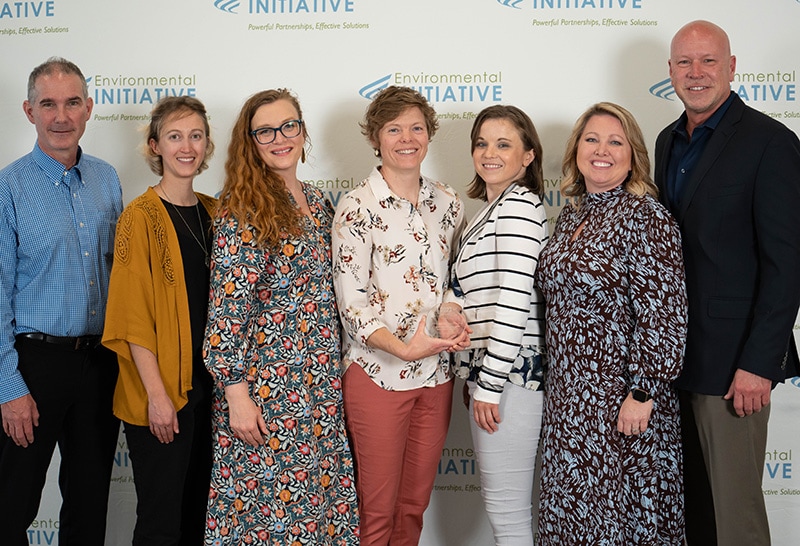
Approximately 20% of waste collected in Ramsey and Washington counties is food scraps, like fruit and vegetable peels, eggshells, bones and coffee grounds. To keep this material from becoming trash, the counties and R&E are working to develop and launch a program to collect food scraps from residents’ homes so that this material can be converted into nutrient-rich compost and renewable biofuels. The food scraps pickup program will be available to all residents in the two counties at no cost and will roll out in phases beginning in 2023, starting with a program pilot with about 2,000 households.
The program will utilize thick, compostable “food scrap bags” to collect this material. Food scrap bags will be collected with trash and then sorted from the trash at the R&E Center. This system requires no additional carts or collection trucks and allows all residents to participate, regardless of city, housing type or hauler.
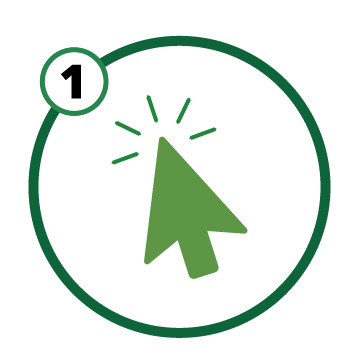
Order your free supply of food scrap bags.
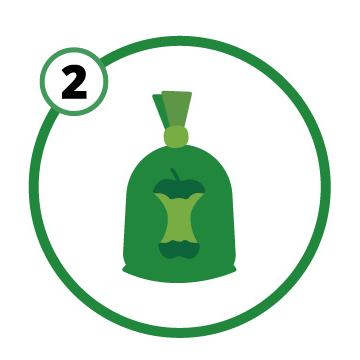
Collect your food scraps in the bags. Once a week or when the bag is full, tie a knot at the top to close the bag.
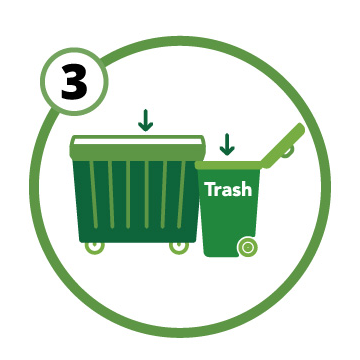
Place your bag inside your trash cart or dumpster for collection.
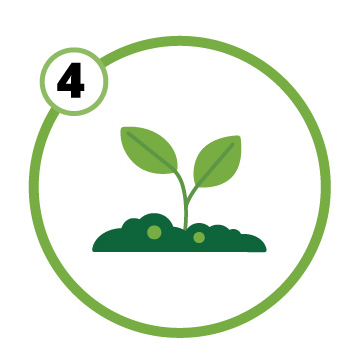
Done!
In 2022, the counties and R&E made significant steps in developing key elements of the food scraps pickup program, including:
In 2023, the counties and R&E began creating plans for the program pilot and its implementation. Pilot areas were established through evaluation of current garbage hauler routes, the need to test the program in communities representative of the two counties’ diverse neighborhoods, housing types and other operational considerations. The program pilot will involve around 2,000 households in areas of Maplewood, North Saint Paul, Newport and Cottage Grove. The program pilot is expected to start in spring of 2023, and feedback received from the pilot residents will be used to refine the program as it’s gradually rolled out to the rest of residents in Ramsey and Washington counties.
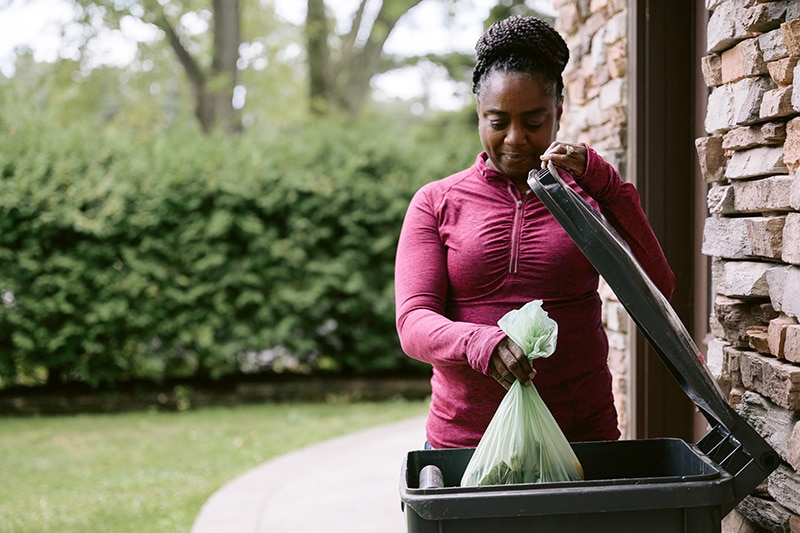
While residents’ experience will be simple and convenient, multiple components of the system’s design were developed in 2022 to prepare for the program launch, including:
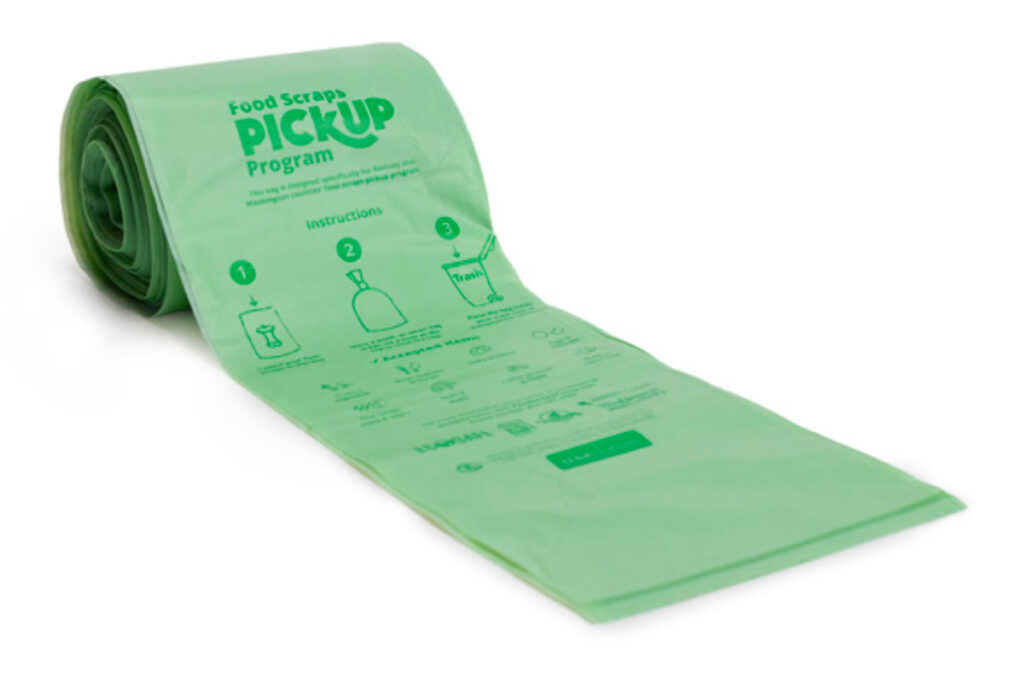
Two engagement efforts occurred in 2022 to get resident feedback on the program, which will inform communications and educational materials prior to program launch:
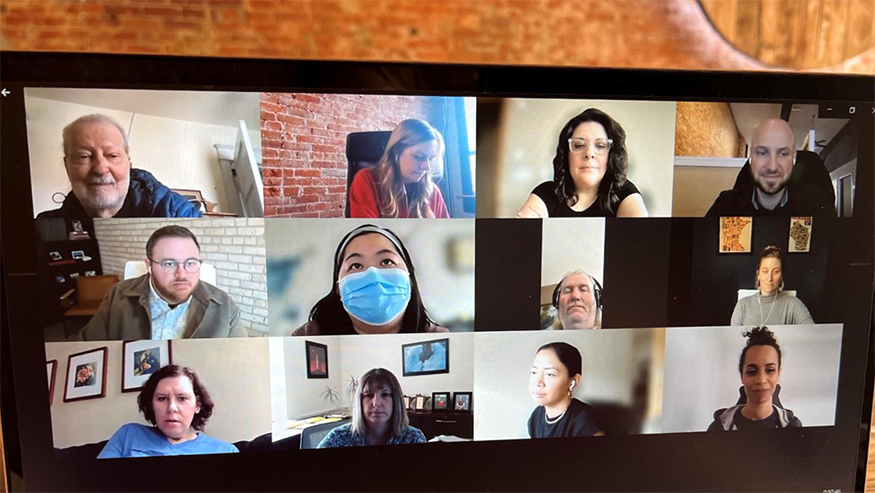
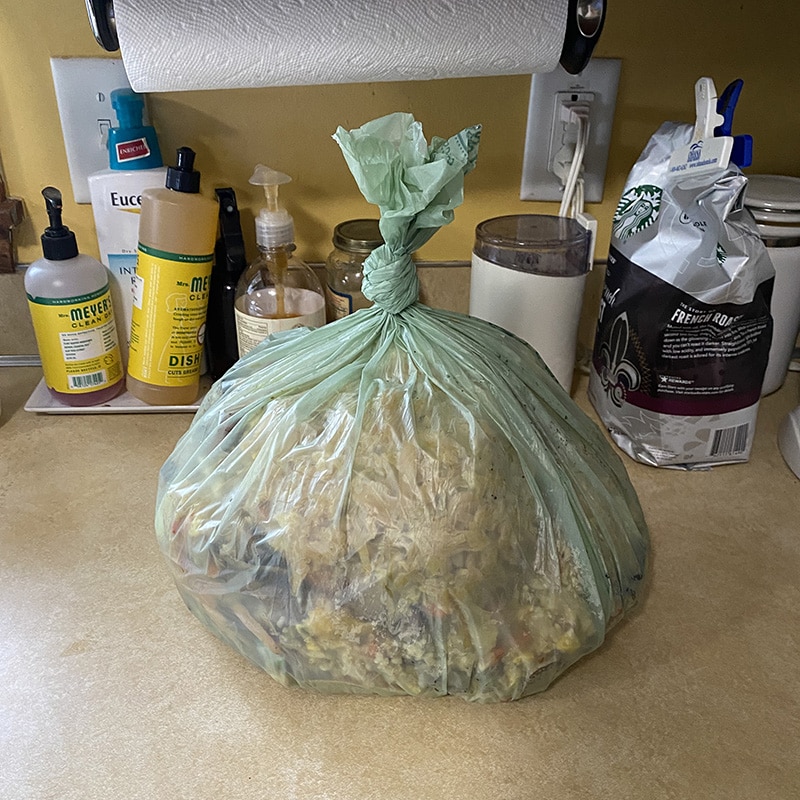
In 2022, the two counties and R&E worked together to develop initiatives related to food waste to prepare for an effective and efficient launch of the food scraps pickup program. These efforts include public promotion of food waste reduction messages and education, providing grant funding for food recovery efforts and creating a market for finished compost.
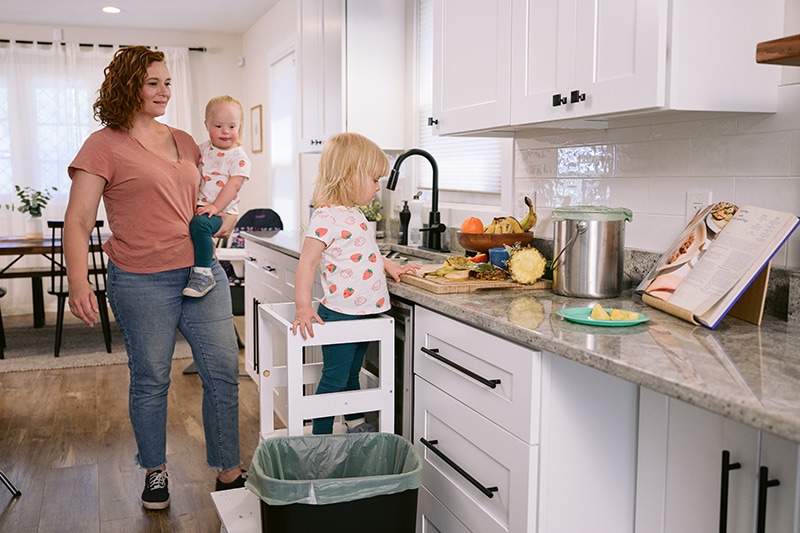
The Business Pollution Prevention Program provides free technical and financial support of up to $50,000 to help businesses – like dry cleaners, auto body shops, industrial painters and printers – transition to using safer, more sustainable chemicals and modern, high-efficiency equipment. In 2022, the program expanded to both Ramsey and Washington counties and awarded grants to an autobody shop and dry cleaner, both of which are now putting their projects into motion. Several operational and programmatic improvements were implemented, including evolving workflows, streamlining communication, and establishing future goals. Additionally, R&E identified and began working with a new vendor to administer this program.
Impact: Reduction of VOC (volatile organic compounds) by nearly 700 lbs.
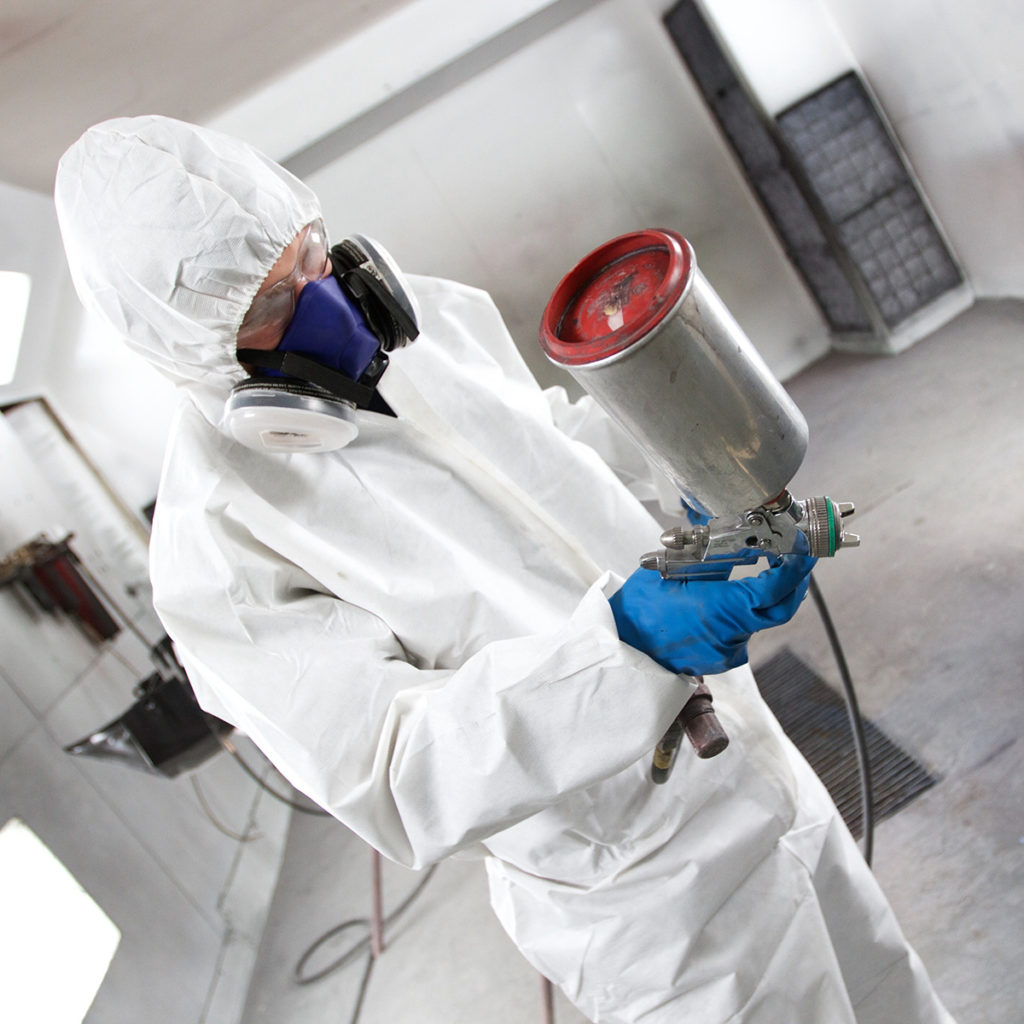
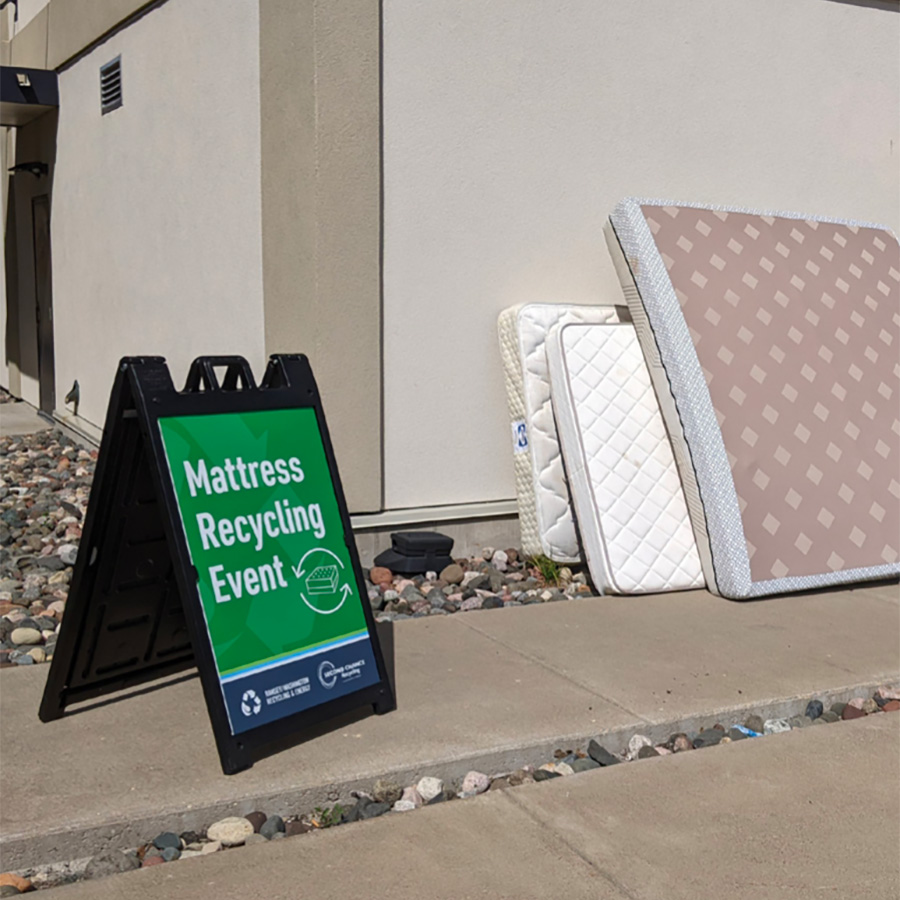
R&E continued its partnership with Second Chance Recycling to operate several mattress recycling pilot programs. Mattress recycling is offered for free or at a reduced cost to residents, and the program was expanded in 2022 to include Washington County. Mattresses were collected from three city cleanup events, 41 multi-unit buildings, four residences managed by Saint Paul Public Housing Agency, and by curbside collection for Stillwater residents. These efforts resulted in the collection and recycling of 1,791 mattresses, which is equivalent to nearly 50 tons, or 100,000 pounds, of waste prevented. The pilot program with multi-unit buildings resulted in multiple properties switching from disposal to recycling longer-term, helping to prevent future waste. The pilot tests will inform future efforts to divert mattresses and other bulky items from the trash.
“These efforts resulted in the collection and recycling of 1,791 mattresses, which is equivalent to nearly 50 tons, or 100,000 pounds, of waste prevented.”
Deconstruction is the process of taking apart a building so materials — like cabinets, light fixtures, structural lumber, doors and more — can be reused instead of being sent to a landfill. At the end of 2021, R&E and Ramsey County launched a new grant program to support deconstruction projects at residential and commercial properties. R&E issued the first commercial deconstruction grant on a pilot basis for a mixed-use building, salvaging over 50 doors, several light fixtures, etc., for reuse. After a successful pilot, this program expanded to all eligible residential and commercial properties in Ramsey and Washington counties in 2022.
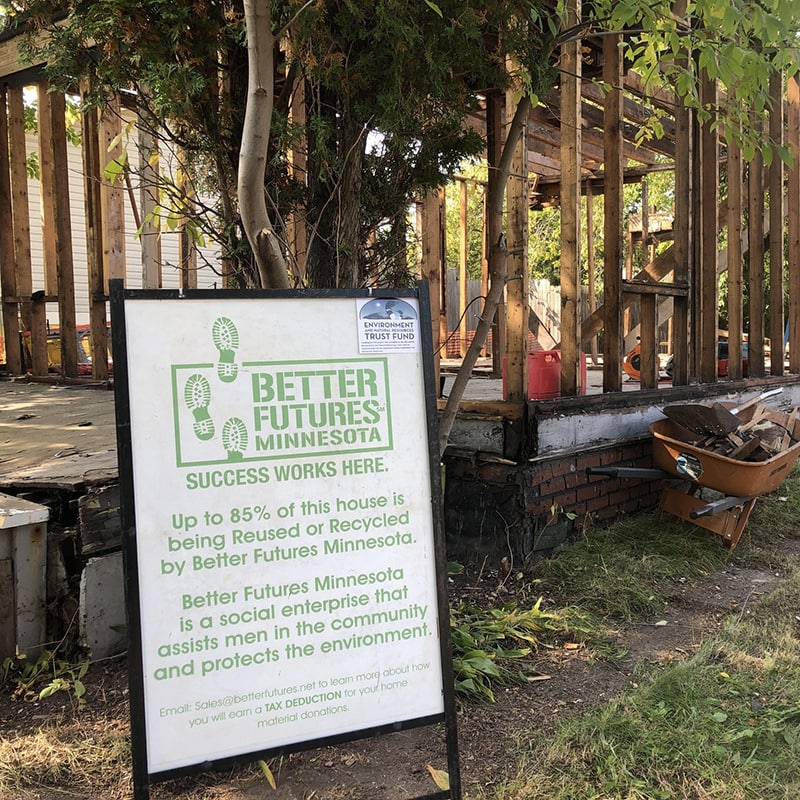
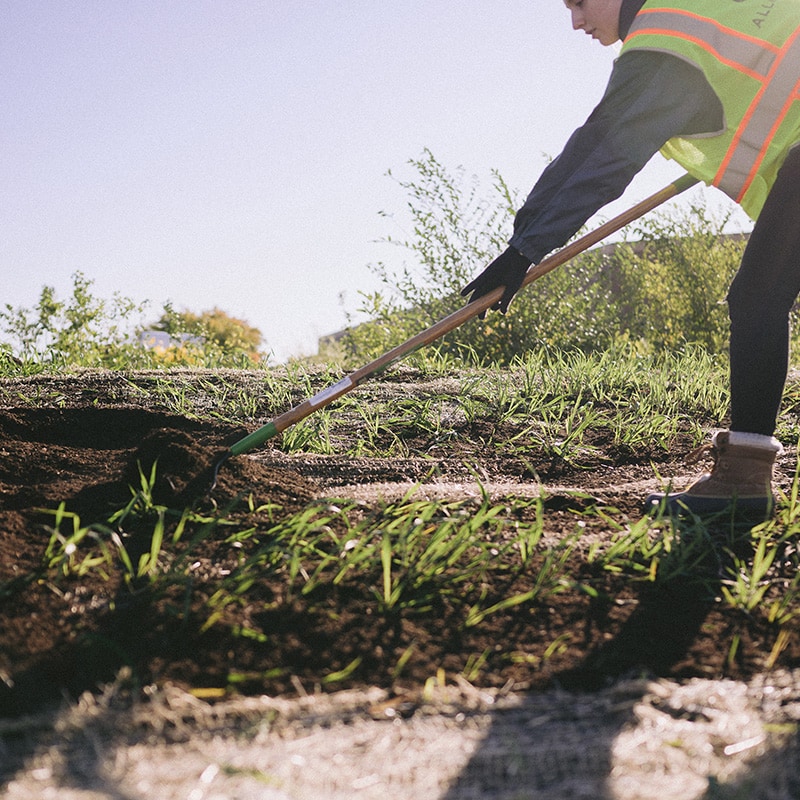
In advance of rolling out the food scraps pickup program, R&E continues to explore ways to increase demand for compost in the two counties. As the counties begin sending more food scraps to compost facilities, we also want to ensure that this adequate demand for this valuable end-product. R&E and Ramsey County provided 334 cubic yards of food scrap-derived compost to 32 community gardens and two community events at no cost. R&E also partnered with the University of Minnesota to assess soil health and nutrients of 20 community gardens, resulting in recommendations for incorporating soil analysis into decisions about compost use. This work will continue to inform the best practices regarding use of food scrap-derived compost in gardens and landscaping projects throughout the two counties.
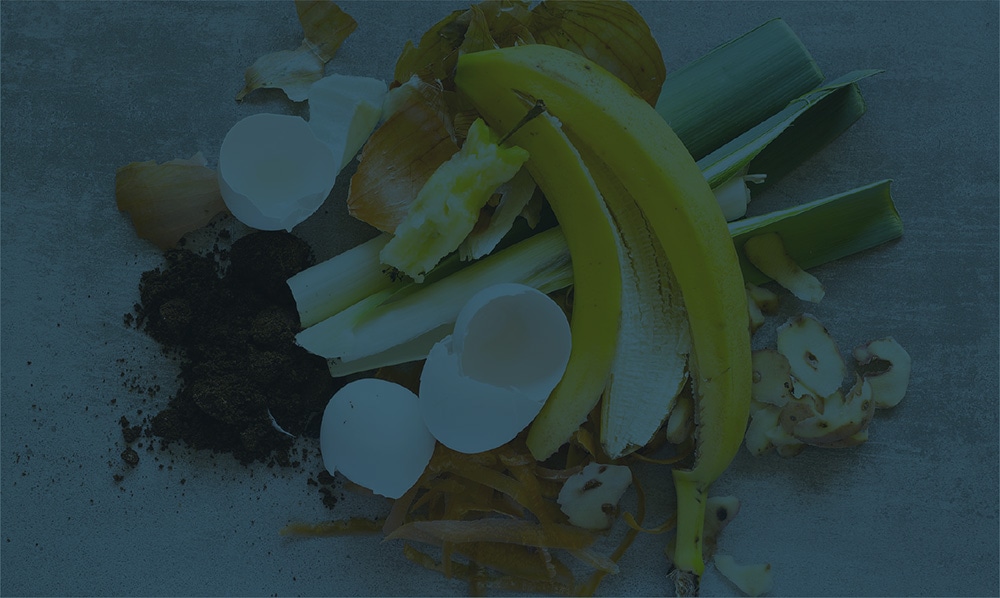
Ahead of the food scraps pickup program launch, Ramsey and Washington counties worked with R&E to develop and promote a food waste reduction campaign called, “Food: Too Good to Waste.” The campaign promoted waste reduction messaging through advertisements on social media, billboards, gas station and grocery store TVs and public transit. Nearly 40 million impressions were attributed to this campaign in 2022!
The campaign homepage, hosted on R&E’s website, includes tips on food storage, meal planning and cooking to help households reduce food waste, saving them money and reducing their impact on the environment.
Earth Day Action Quest was back for its third year. The program encouraged residents to reduce waste, recycle better and appreciate our beautiful environment. The campaign site had 1,600 visitors. Donating used items, collecting food scraps and visiting local parks were the most popular program activities.
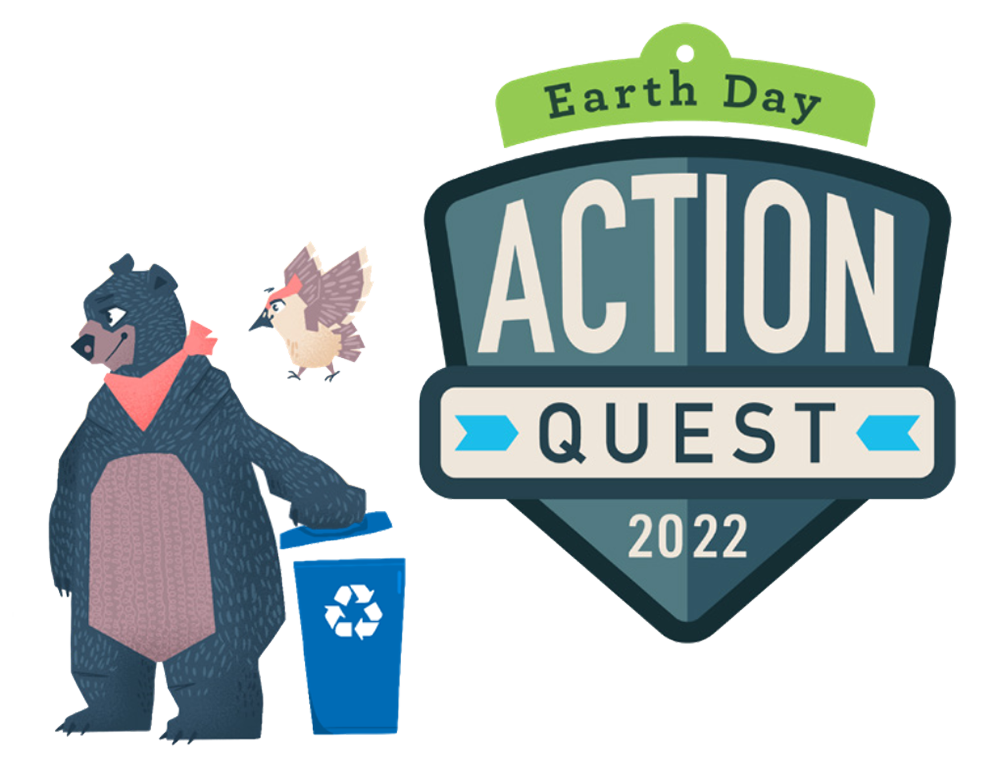
R&E continues to explore new and engaging ways to communicate with and serve the community.
In 2022, R&E created two educational and promotional videos:
These videos serve as valuable resources for educating and connecting with the public and highlighting the impact of R&E’s programs and facility on responsible waste management and reduction efforts.
R&E’s social media reach grew in 2022, with over 200,000 impressions across Facebook, LinkedIn, and YouTube. Additionally, nearly 80,000 visitors checked out the R&E website during the year. The most popular pages included Food Waste Reduction and Food Recovery Grants (now hosted on BizRecycling’s website). The R&E team looks forward to expanding the educational tools and resources offered on the website in 2023!
R&E Center tours are back! After a pause during the COVID-19 pandemic, the doors of the Newport facility have been reopened to the public. Since late 2022, staff have welcomed nearly 200 visitors to the R&E Center. During the tours, guests get an inside look at how R&E is innovating waste management by recovering value. This includes a general overview of the facility, guided interactive activities, conversation about waste reduction and, when possible, a visit to the facility floor, which includes the new machinery and robotics for the soon-to-launch food scraps pickup program. Explore this exciting opportunity and join the growing list of groups who have toured the R&E Center – from Boy Scouts to homeschool groups to the MN Farm Bureau, the R&E Board of Commissioners, County leadership, and more. Request a tour or take a virtual tour today!
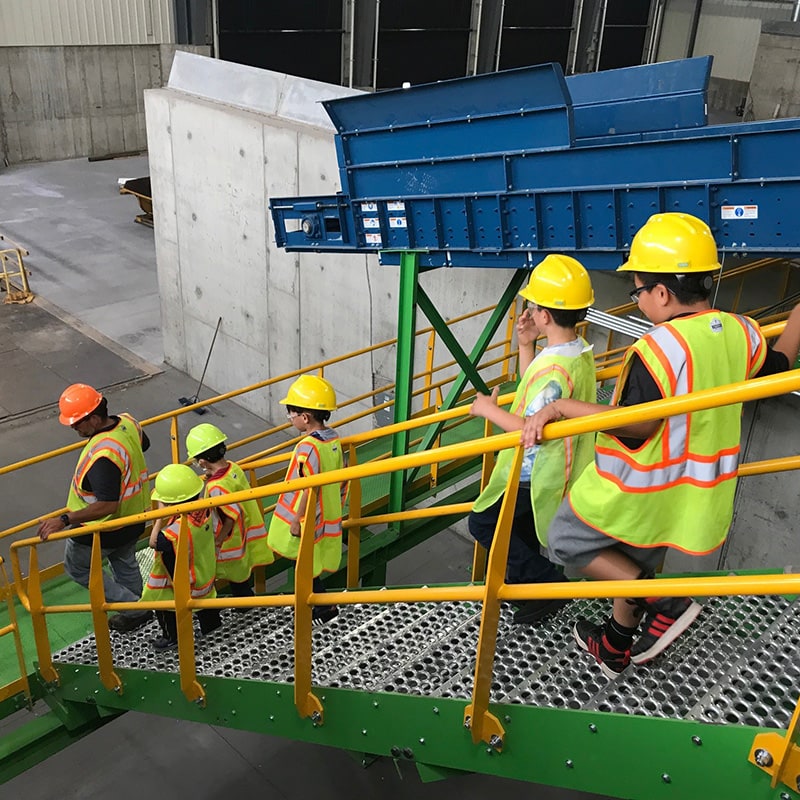
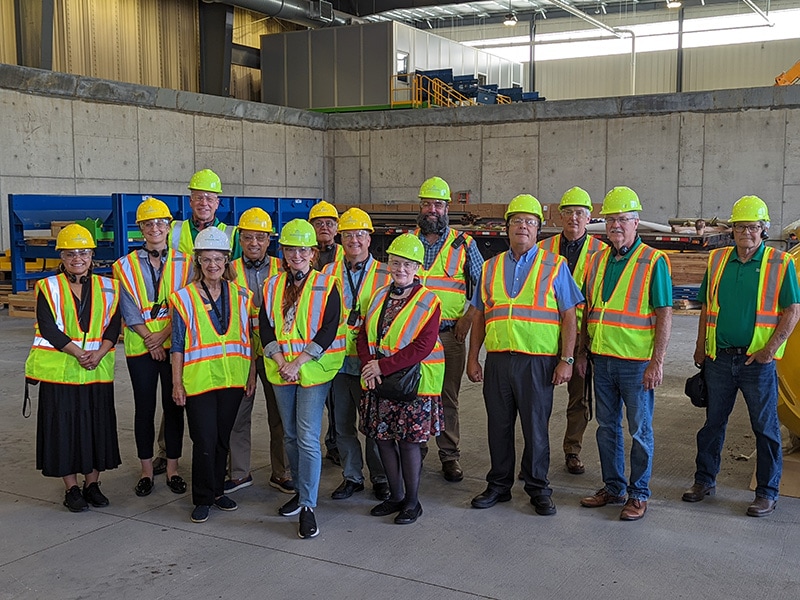
On August 10, 2022, members of the R&E Board toured the R&E Center. Due to the ongoing pandemic, this marked the first opportunity for the board members to see the investment in the new facility enhancements that they have supported over the past two years. The tour included a presentation, which highlighted the R&E operations and Joint Activities programming. It also offered the board members a chance to see the new food scrap bag processing area, where food scrap bags will be sorted and recovered from incoming trash using robots and artificial intelligence.

Working with five transfer stations and over 80 haulers, the Recycling & Energy Center (R&E Center) processes all trash from residents and businesses in the two counties. That’s nearly 14% of the state’s trash. At the R&E Center, trash is processed to recover recyclable metals and to produce fuel used in Xcel power plants to generate electricity. Processing trash keeps it out of landfills and recovers value.
Impact
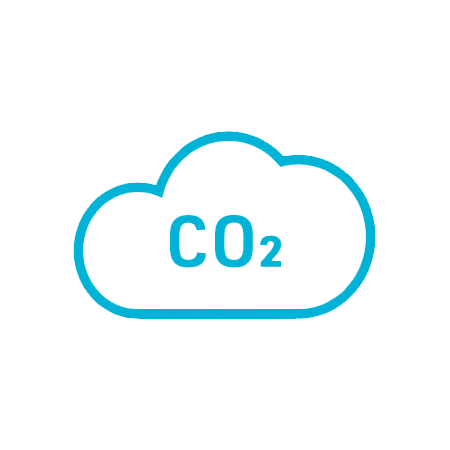
fewer metric tons of CO2 produced than if trash had been landfilled

cars taken off the road for a year

homes powered for a year by electricity generated from refuse-derived derived fuel produced at the R&E Center
In 2022, there were no instances of municipal solid waste (MSW) odor detections above permitted levels. R&E and its contractors conducted 660 odor inspections in 2022, with only 3.3% resulting in municipal solid waste (MSW) detections, none of which were above permitted levels.
Ramsey and Washington counties have been evaluating next-generation technologies to manage waste for about two decades. One way R&E can move waste up the solid waste management hierarchy is to sort out more high value materials from trash. Organics, such as food scraps and other organic-rich material, make up 20% of trash by weight and are a low-hanging fruit for capturing new value from waste. R&E has targeted the capture of organics through our new recyclable recovery system and food scraps pickup program and will soon find more value from waste using anaerobic digestion.
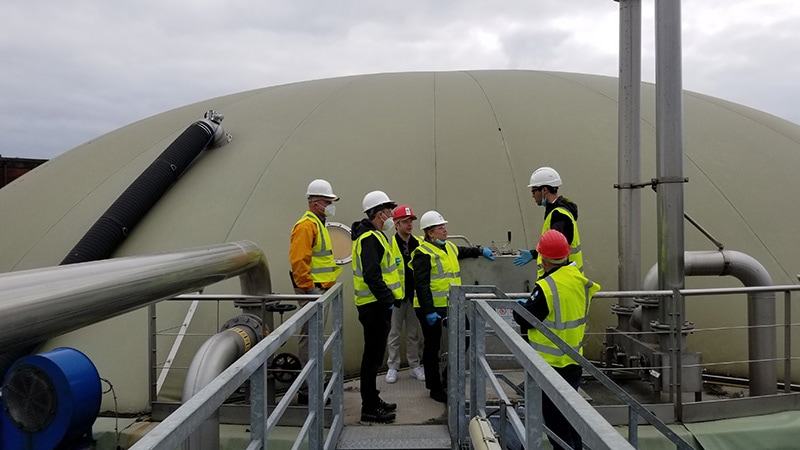
Anaerobic digestion converts food scraps into clean, renewable energy and reduces waste going to landfills. As a part of the evaluation of this technology, key staff from R&E, along with the R&E Board’s Facility & Finance Committee, embarked on site visits in 2022 to see established digestion facilities in England and Sweden. These site visits helped us see how this technology works in northern climates like ours.
After a robust process of proposal and evaluation that started in 2020, the R&E Board authorized direct negotiations with two anaerobic digestion vendors, with the direction to recommend a partner to manage about 50,000 tons of food scraps and organic-rich materials. Pending final agreement, R&E expects to manage organics with anaerobic digestion starting in 2026.
Work on developing the next generation of end markets for refuse-derived fuel (RDF) continued in 2022 as well. In November, R&E released a Request for Information for the use of RDF and process residue. Possible end markets may include waste-to-energy, gasification or other technologies.

R&E operates out of three budgets: the Joint Activities Budget, the Facility Budget and the Equipment Maintenance & Repair Budget.
JOINT ACTIVITIES BUDGET
Project Management
2,394,543
Business Recycling
3,043,561
Community Waste Solutions
132,223
Food Scrap Recycling
753,545
General Outreach
1,048,693
Policy Evaluation
1,016,415
TOTAL
$8,388,980
The Joint Activities Budget supports a variety of projects to meet goals outlined in the counties’ waste management plans and is funded by Ramsey and Washington counties. Both counties charge a fee associated with collecting trash, referred to as the County Environmental Charge (CEC). A portion of CEC fees funds the Joint Activities Budget.
FACILITY BUDGET
Personnel
7,667,680
Fuel
6,130,987
Landfill
5,413,409
Transportation
8,571,286
Transloading
2,410,095
Operations
8,789,132
Debt Service
1,693,856
TOTAL
$40,676,445
The Facility Budget supports the operation of the R&E Center. This enterprise budget is funded by tipping fees.
EQUIPMENT, MAINTENANCE AND REPAIR BUDGET
Equipment
68,856
Maintenance
1,398,263
TOTAL
$1,467,119
The Equipment Maintenance & Repair Budget supports equipment maintenance, repair and replacement at the R&E Center. This budget is partially funded by the sale of recyclables recovered from the trash at the R&E Center.